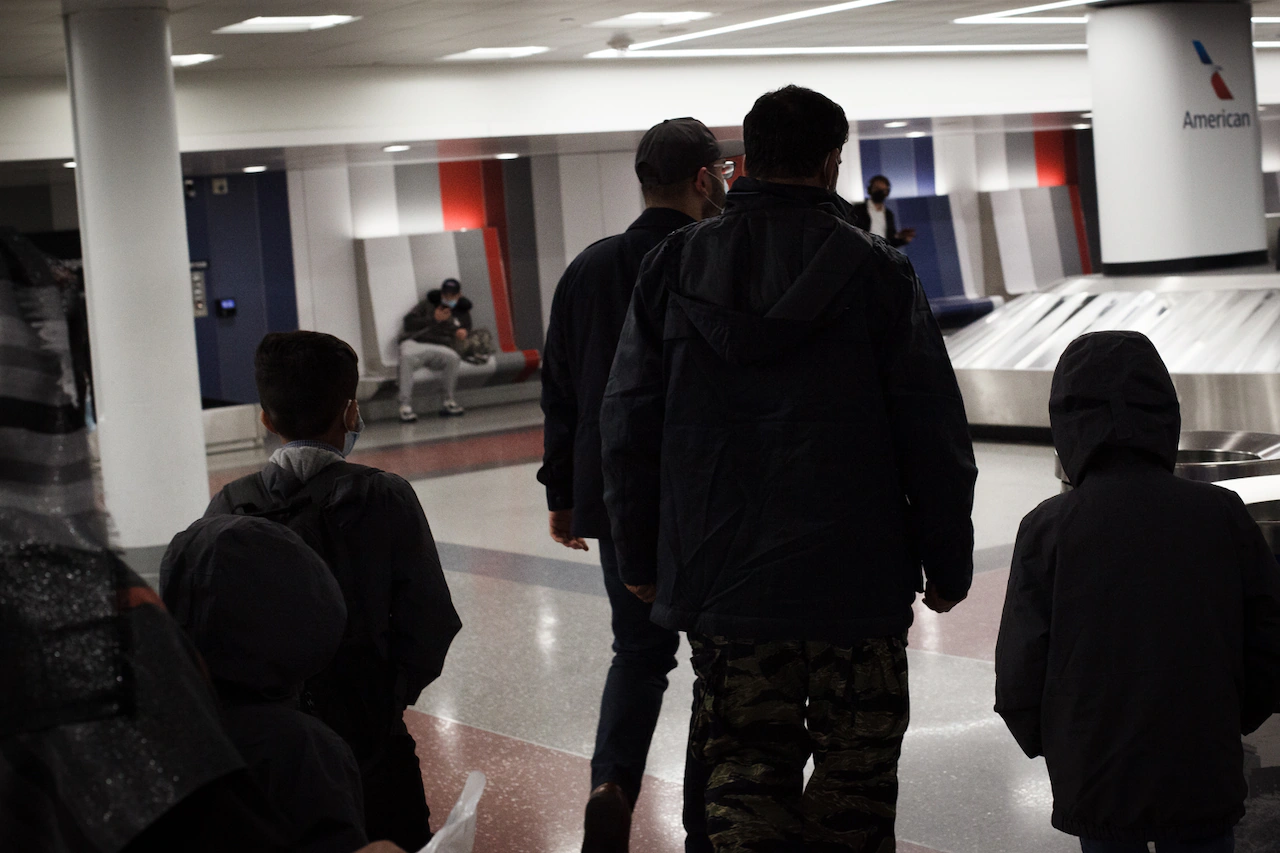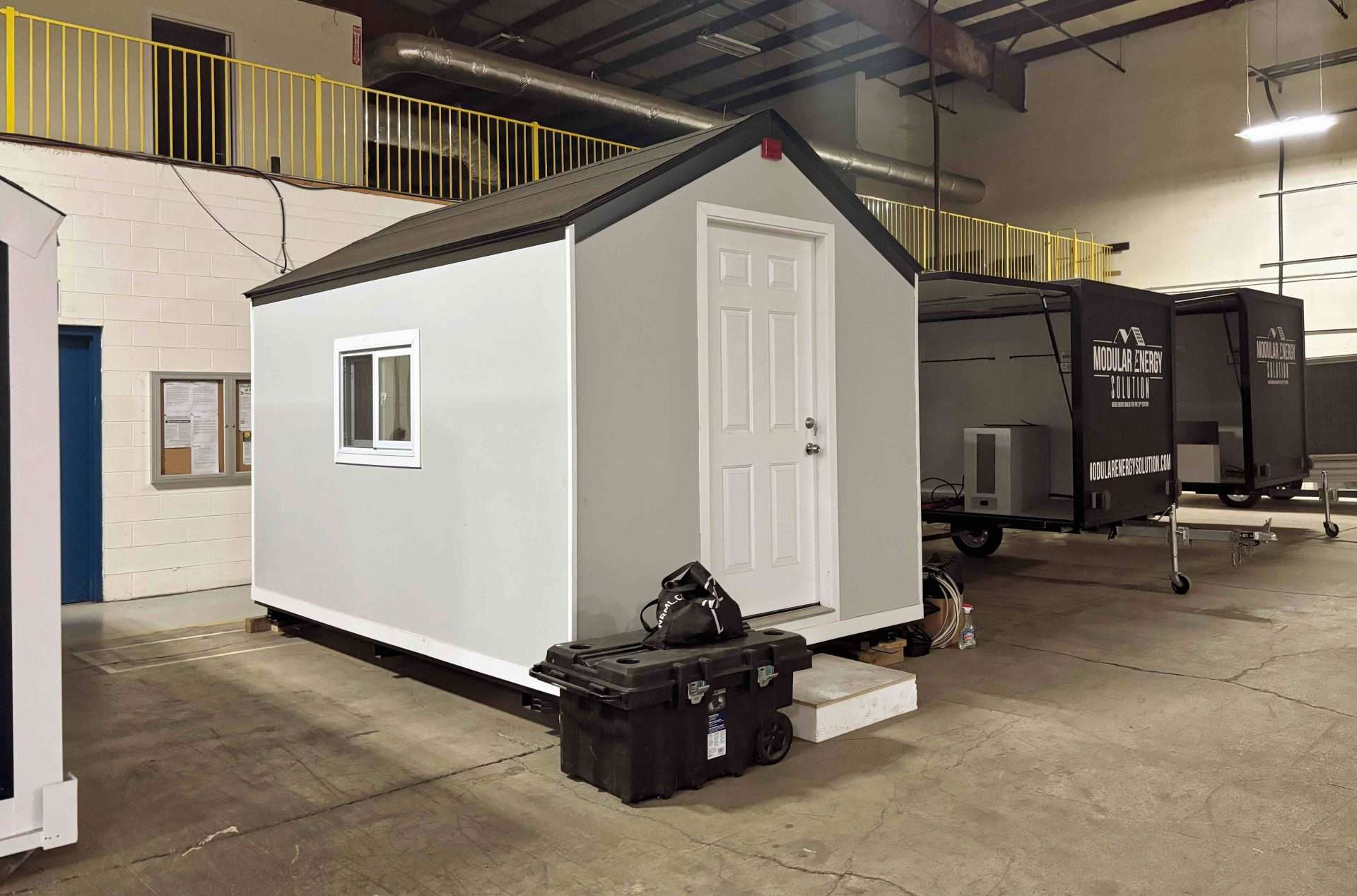Copyright MassLive

A drop in federal funding and a clampdown on refugees arriving in the United States have forced one of the region’s largest refugee and immigrant service organizations and others like it to cut staff and reduce some programs. The International Institute of New England served more than 12,000 people last fiscal year and helped settle over 220 refugees who arrived in the country, often with little notice, from conflict-tattered regions of the globe. But this new fiscal year, which began Oct. 1, saw the nonprofit’s federal funding plummet from $21 million to $11.3 million, Jeff Thielman, the organization’s CEO, said. Across the country, he said, refugee and immigrant assistance agencies entered the fiscal year facing generally 50% losses in federal funding. “The demand for our services has increased,” Thielman said. “But our ability to respond is challenged.” In regular times, the International Institute of New England resettles refugees as they arrive in the United States after vetting by the federal government. It finds them housing, schools and health care, and helps them start their application for green cards. The organization also provides them, asylees and other immigrants with English courses, job assistance and other services to help them work and assimilate into the country. Its work this year has changed. In January, President Donald Trump suspended the country’s refugee resettlement program. The International Institute of New England and similar organizations have responded by focusing instead on providing services to people already in the country. But the loss of federal dollars can’t be offset by state and private money, and the organization laid off 10% of its staff last month, Thielman said. “It was painful for us and reflects the very real consequences of national policy that harms organizations serving immigrants and refugees,” he said. The organization remains active, with 160 staff. They still provide English classes, green card assistance, jobs and skills training, legal services and more. Demand is enormous, Thielman said. “Daily services continue. We’re not short of people to serve,” Thielman said. Refugee and immigrant services are one of the core functions of Catholic Charities of Boston, along with family and youth services, basic need services, and adult education and workforce development. The organization has served immigrants arriving in the region for more than 120 years. Over the last five years, it has served 585 refugees, Marjean Perhot, the organization’s vice president of refugee and immigrant services, said. Like the International Institute of New England and other similar service providers, Catholic Charities’ work with refugees changed this year. The loss of $3 million in federal contracts for its refugee and immigrant services work — about 5% of total revenue — meant the organization had to lay off nine employees from the resettlement program and 12 from other programs, Perhot said. Some of those staff were refugees themselves, having dedicated themselves to helping others settle in the U.S. as they had. “They wanted to welcome people and help them navigate this,” Perhot said. “That was really heartbreaking … They wanted to stay in this work, but the work isn’t here." Still, the organization’s other immigration work, focused on interpretation and legal services, continues. Perhot said Catholic Charities has bolstered its legal offerings in particular, enlisting experienced immigration attorneys to help process green card applications and provide emergency legal advice or representation. The organization’s broad array of other work also includes child care, afterschool programs, food assistance, shelters, counseling, English education, high school equivalency programs, job training and more. “We’re going to survive,” Perhot said. “We’ve been a trusted partner for generations of people who needed help. Our work and faith call us to help the most vulnerable.” Thielman said changes to food assistance programs like SNAP and health care programs like Medicaid further impact some immigrants. The president’s spending agenda, passed by congressional Republicans and signed into law in July, eliminated SNAP, Medicaid and Medicare eligibility for refugees, asylees, Afghan evacuees who are not green card holders, survivors of human trafficking and some other groups, according to the U.S. Committee for Refugees and Immigrants, a nonprofit. The drop in legal immigration and refugee arrivals to the U.S. “will have very real negative consequences on all of us” as the labor pool shrinks for farms, construction companies, health care and service organizations, and other employers that rely heavily on immigrants,“ Thielman said. “To see what’s happening is to see the country going in a dangerously wrong direction that will have long-lasting economic consequences for all of us,” he continued. “Not to mention the country shrinking its humanitarian responsibilities.”



